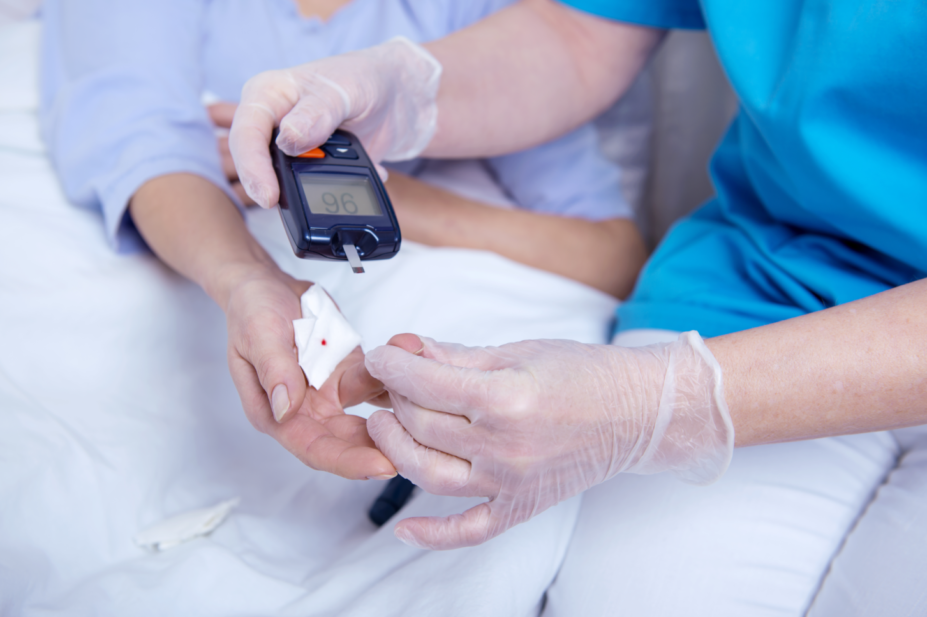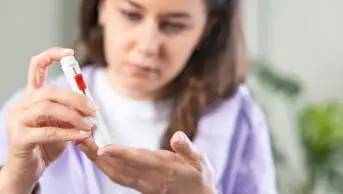
Shutterstock.com
Data collected by The Pharmaceutical Journal show that the majority of NHS trusts in England do not employ a specialist diabetes pharmacist, despite national guidance stating that all teams should contain one.
Only one in three hospital trusts in England said they employ a specialist diabetes pharmacist, in response to a request sent under the Freedom of Information Act in February 2021.
Out of 93 trusts that responded to the request, 31 said they have a specialist diabetes pharmacist, but only 11 of these have a dedicated full-time pharmacist in the role, with the rest employed for less than one whole time equivalent or splitting their time between several specialties.
This is despite the most recent National Diabetes Inpatient Audit (2019) finding “unacceptably high“ error rates on inpatient drug charts for patients with diabetes.
The audit, which included 188 hospital sites, revealed that almost 1 in 3 inpatient drug charts had at least one medication error and two-fifths of charts for insulin-treated inpatients had one or more insulin errors. The audit also showed that specialist diabetes pharmacists spent just 3.0 minutes per week with each inpatient with diabetes in 2019, down from 4.2 minutes per week in 2017.
Recent recommendations from the Joint British Diabetes Societies, Diabetes UK and the national ‘Getting it right first time’ (GIRFT) programme also say that all inpatient diabetes teams should include a specialist diabetes pharmacist.
Partha Kar, consultant diabetologist at Portsmouth Hospitals University NHS Trust and national specialty adviser, diabetes, at NHS England, said there was “clear evidence” from the GIRFT programme that specialist pharmacists can help reduce errors.
“We went round all the hospitals in the country, and places that had inpatient pharmacists, specifically for diabetes, had less errors,” he said.
“Is it mandatory? No … but there is very clear evidence that it makes it better. So we would strongly encourage trusts to look at the possibility of having more pharmacists.”
Philip Newland-Jones is one of only three consultant diabetes pharmacists in England. He said that, in most trusts, between 15% and 20% of inpatients will have diabetes — which is one of the most common comorbidities — so it is “disappointing” that not every hospital has a specialist diabetes pharmacist.
“Insulin and diabetes medicines have one of the highest error rates of any medicine and the harm attached to the errors is also high,” explained Newland-Jones, who is clinical director of the diabetes and endocrine service at University Hospitals Southampton NHS Foundation Trust.
“All trusts should have, as a minimum, a band 7 pharmacist who is trying to reduce diabetes medication errors in the hospital.”
Read more: Diabetes in hospital: could more specialist pharmacists reduce high error rates?


